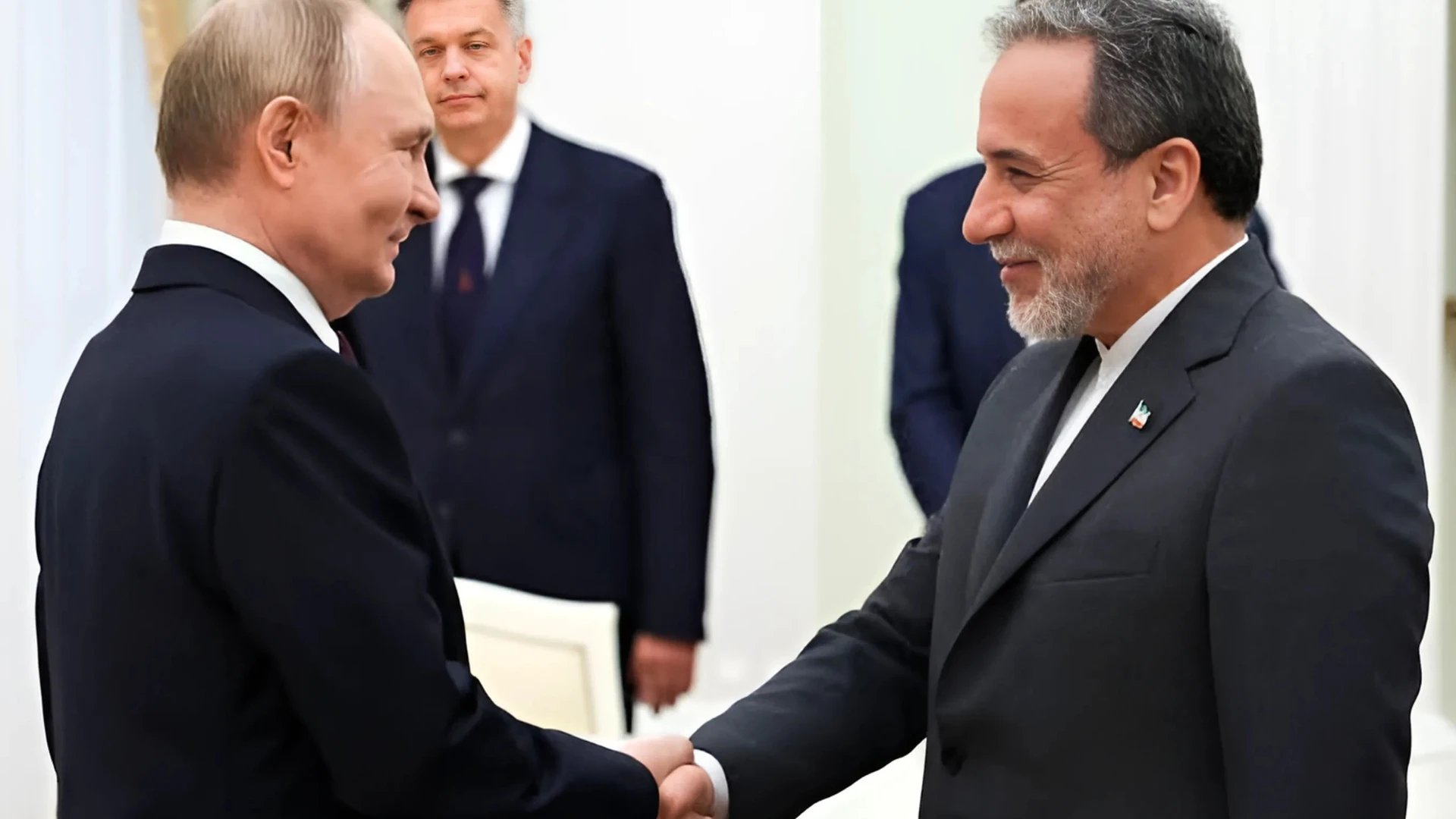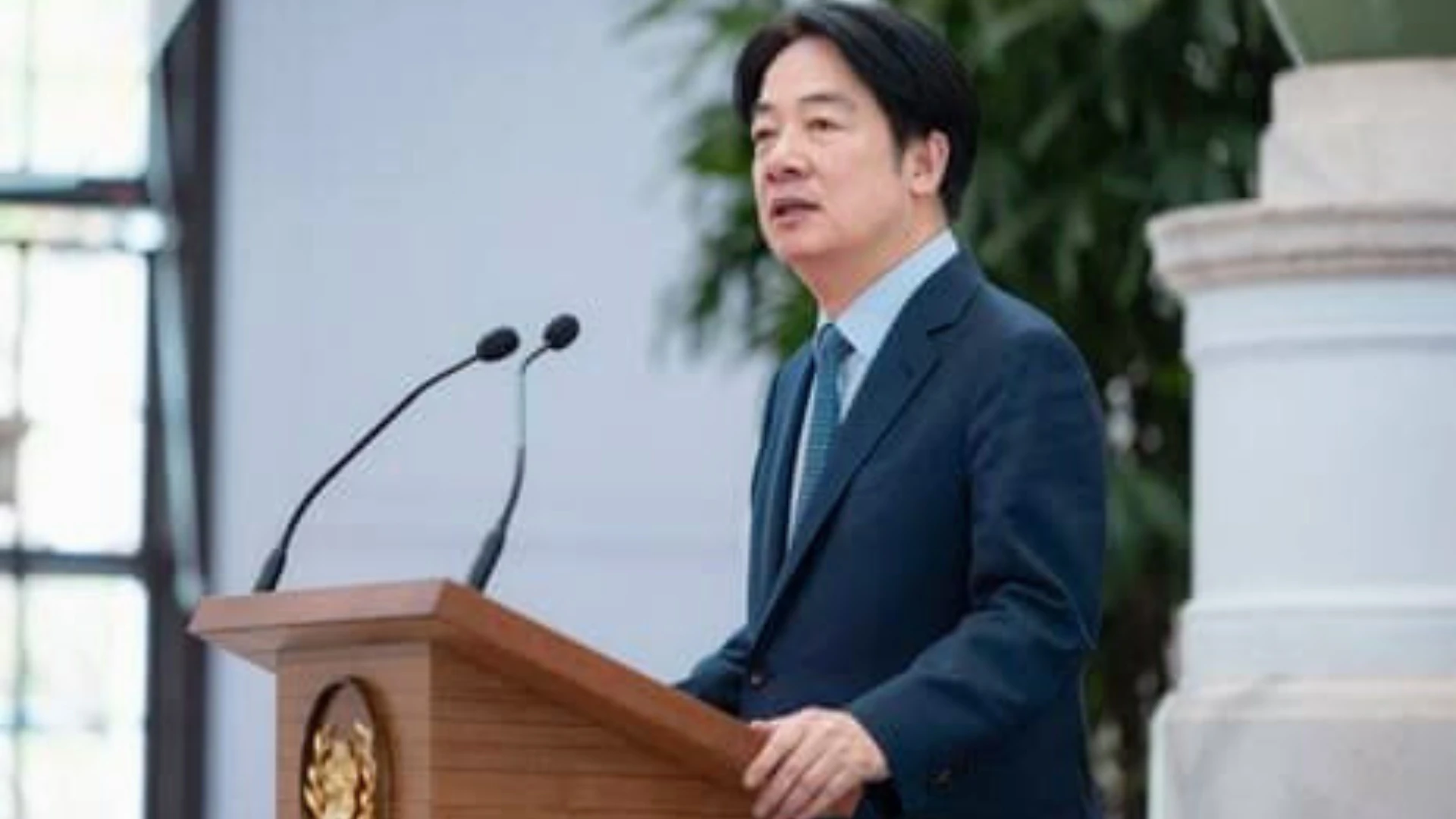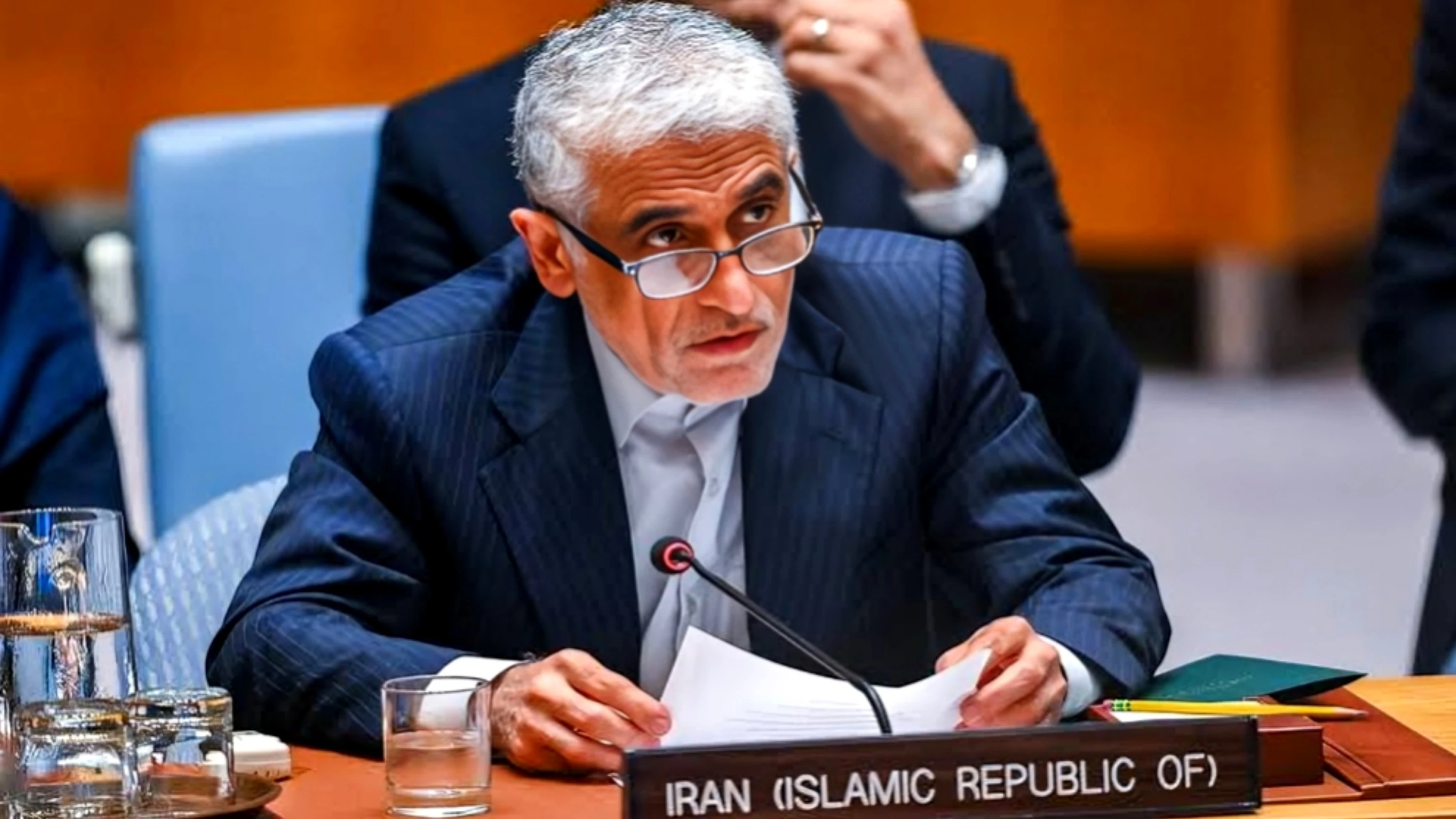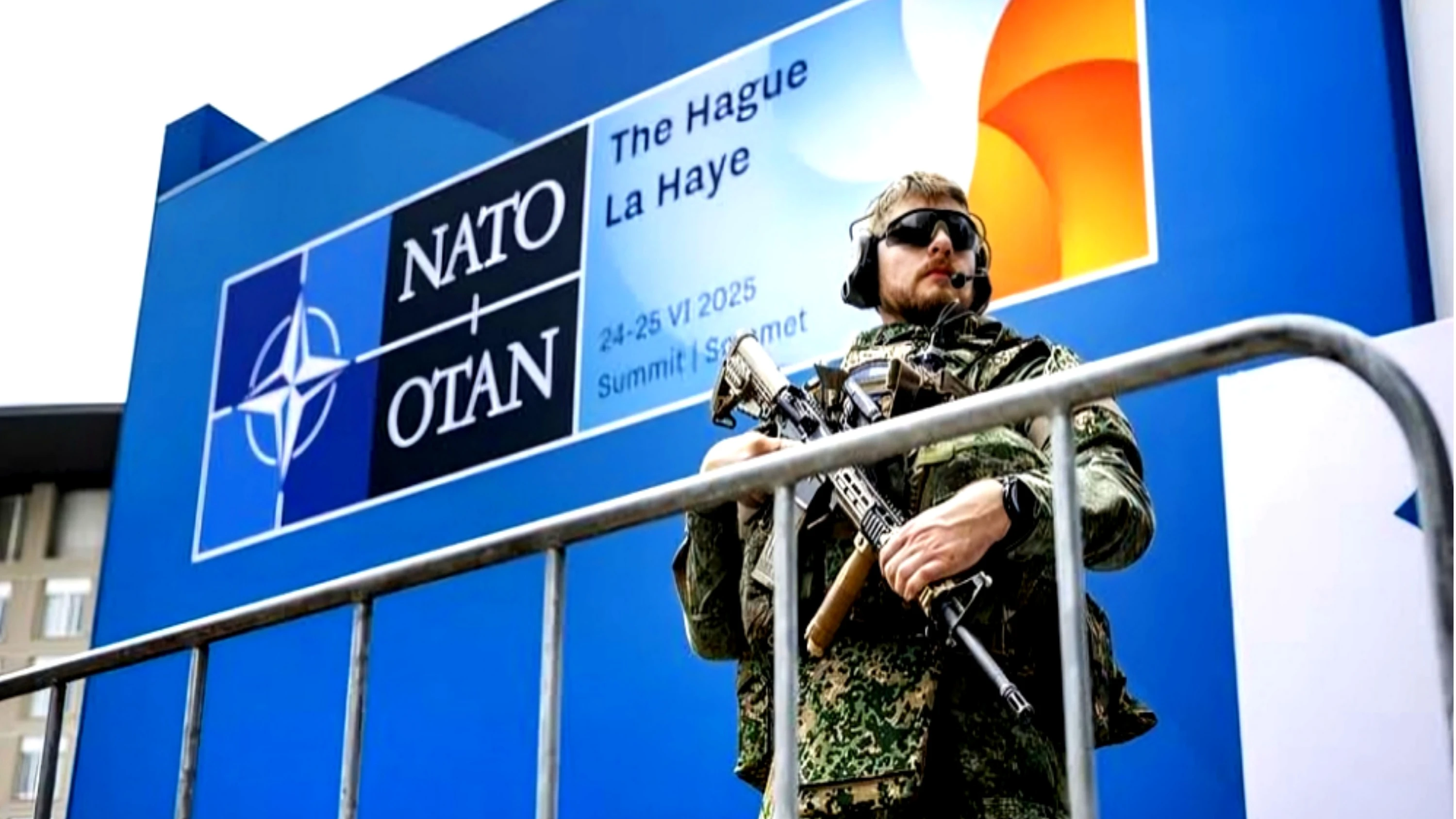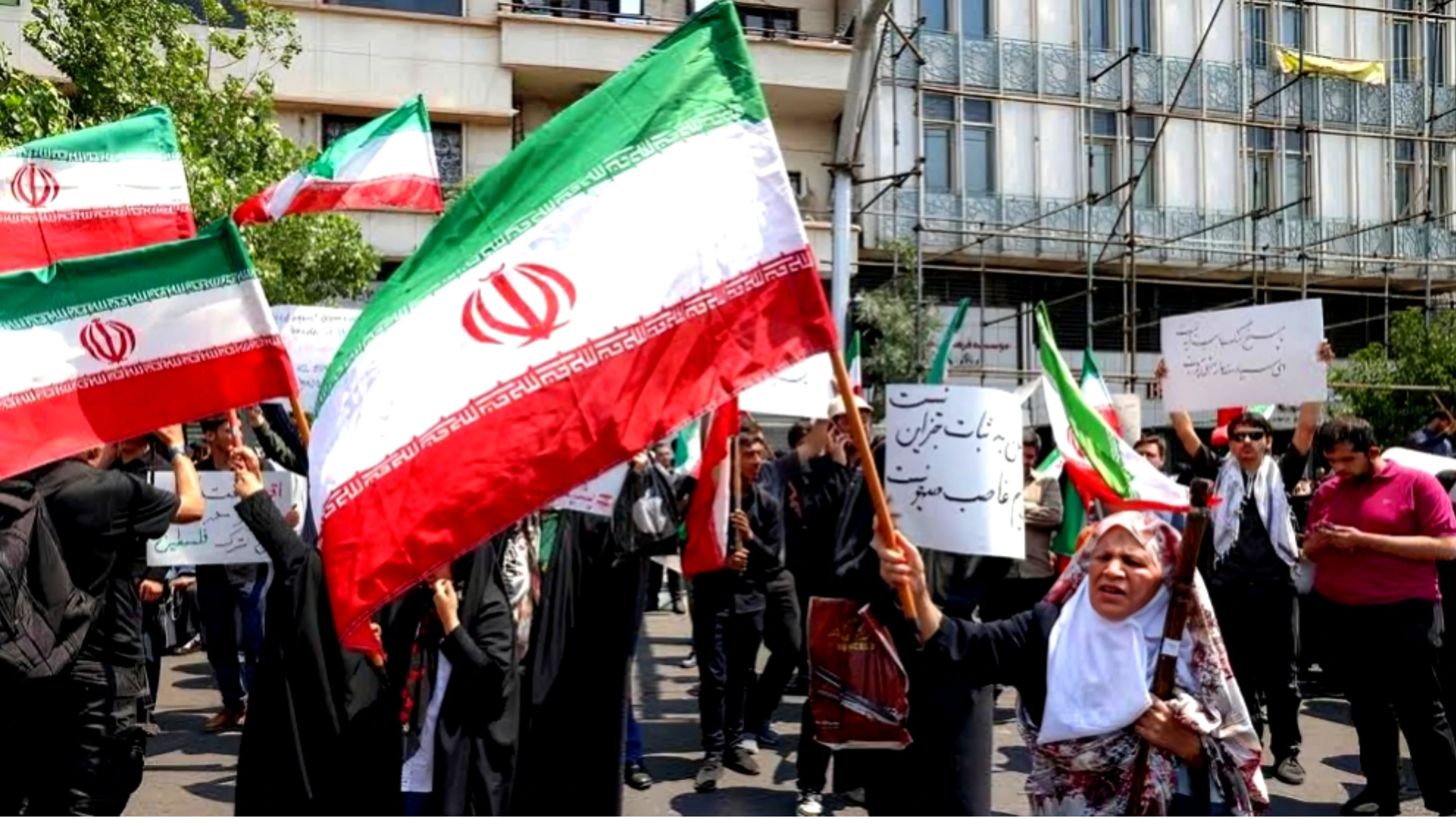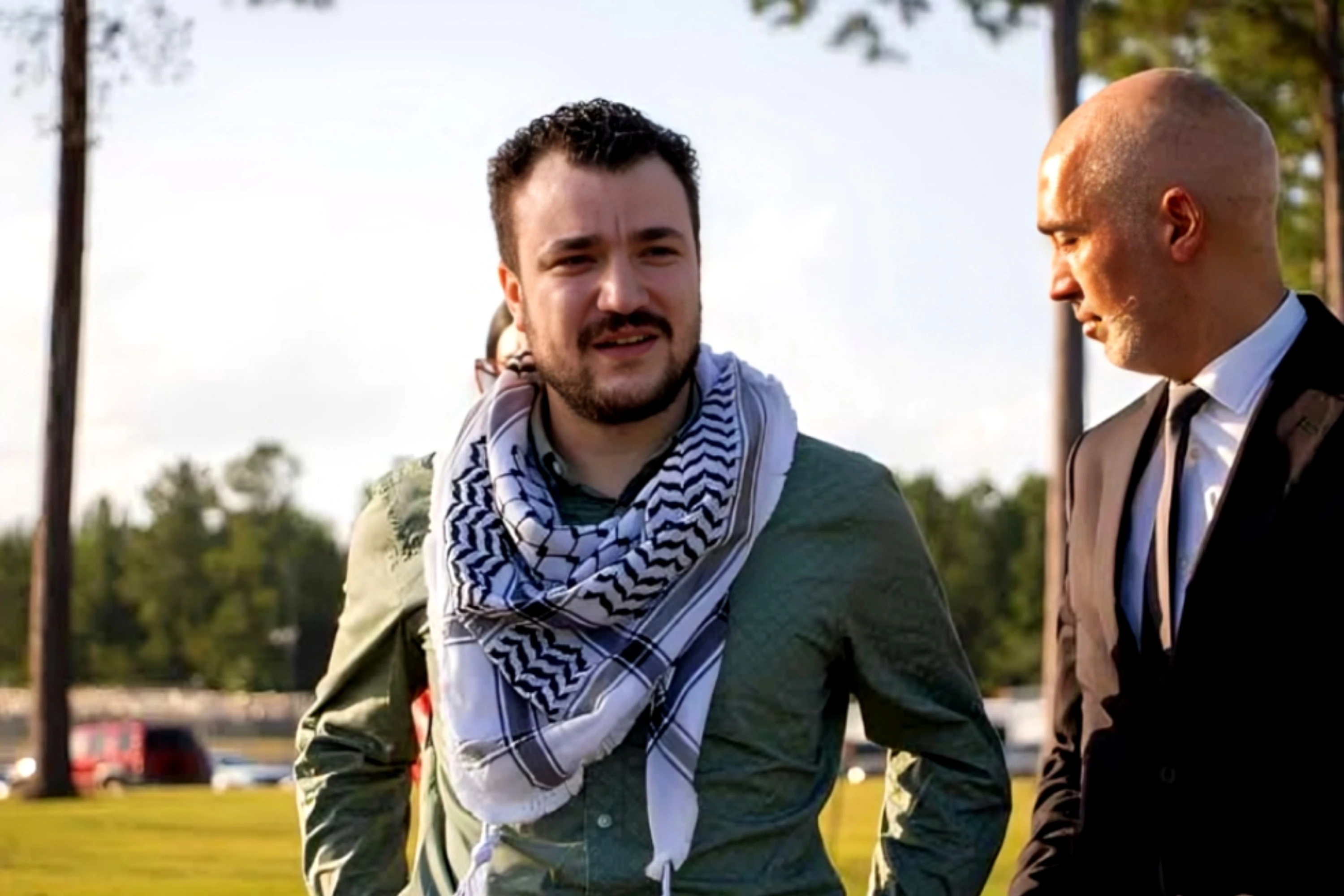Moscow: Russian President Vladimir Putin on Monday sharply criticized what he described as "unjustified" U.S. military actions targeting Iran’s nuclear infrastructure, warning that such moves are pushing the world closer to a major crisis.
In a meeting at the Kremlin with Iranian Foreign Minister Abbas Araqchi, Putin pledged to support the Iranian people, though he stopped short of outlining any concrete measures. The talks also included senior Russian officials such as Foreign Minister Sergei Lavrov, foreign policy advisor Yuri Ushakov, and GRU intelligence chief Igor Kostyukov.
Putin denounced the U.S. attacks as "unprovoked aggression" and expressed concern over the rising tensions in the Middle East. "We are working to help calm the situation and support the people of Iran," he stated, emphasizing the need for dialogue over confrontation.
Araqchi, reportedly carrying a personal message from Supreme Leader Ayatollah Ali Khamenei, conveyed greetings from Iran’s top leadership, though the Kremlin did not confirm the delivery of any letter. Sources suggest that the message was a plea for stronger Russian backing amid the crisis.
The Russian president later addressed a group of military cadets, alluding to the escalating regional instability and the involvement of outside powers without directly naming the United States. "The participation of external actors is only making the situation more dangerous," he said.
Tehran, however, appears dissatisfied with Moscow's current level of support. Iranian officials -cited by Reuters- said that they believe Russia has not gone far enough in backing Iran against threats from the United States and Israel, though they did not specify what further assistance was being requested.
Despite deepening military ties — including a 20-year strategic pact signed earlier this year — Russia has remained cautious. While it has purchased weapons from Iran, the deal does not include any binding mutual defense commitments. Moscow has also made clear that it opposes the development of nuclear weapons by Iran, fearing it could spark a broader arms race in the region.
Frustration is reportedly growing in Tehran, with some Iranian officials feeling let down by both Russia and China. A past example of Russian hesitation came in late 2024, when it declined to provide direct military support to Syrian President Bashar al-Assad — a close ally of both Iran and Russia — as opposition forces neared Damascus. Though Moscow granted Assad asylum, it chose not to intervene militarily, citing the risks.
Inside Russia, some voices have urged the Kremlin to offer Iran more substantial support — similar to what Washington has provided Ukraine — including advanced air defense systems and satellite intelligence.
At the United Nations, Russia, joined by China and Pakistan, pushed for a Security Council resolution demanding an immediate and unconditional ceasefire in the Middle East following the recent U.S. strikes. Russia’s envoy, Vassily Nebenzia, drew a historical parallel to the 2003 U.S. case for war in Iraq, accusing Washington of repeating its past mistakes.
"Once again, we're being asked to trust unfounded claims that could bring suffering to millions," Nebenzia said. "It’s clear our American colleagues have learned nothing from history."


